FACTORS BEHIND LONGEST RAINY SEASON
입력 2020.09.21 (15:21)
수정 2020.09.21 (16:46)
읽어주기 기능은 크롬기반의
브라우저에서만 사용하실 수 있습니다.
[Anchor Lead]
Korea experienced the longest rainy season this year which lasted more than 50 days. Scientists believe the record monsoon was caused by climate change and project more frequent torrential rains and river flooding, about once every four years, if Korea continues to emit greenhouse gases at the current rate.
[Pkg]
Seomjingang River in Namwon, Jeollabuk-do Province. On August 8th the river embankment broke and the nearby villages were flooded. The greenhouses were flooded and the villages were completely wiped out. According to the Ministry of Environment, if Korea continues to emit greenhouse gases at the current rate... flood discharge would increase by an average of 11.8% in just 30 years. Although the flood discharge for the Hangang River is predicted to drop a little, the Yeongsangang River figure is expected to increase by more than 50% and those for both the Seomjingang River and the Nakdonggang River are also projected to rise by nearly 30%.
[Soundbite] PARK JAE-HYEON(MINISTRY OF ENVIRONMENT) : "There are more instances of climate change blocking the rain front from coming up north. Rain fronts remain in the south to cause more flooding."
When there's heavy downpour in a short span of time, river flooding is expected to occur about once every four years at some locations. Current embankments and dams built to experience only about one deluge in 100 years would not be able to withstand the increased water volume. During the recent rainy season, 24-hour precipitations in the cities of Namwon and Gwangju recorded 364 and 462 millimeters respectively. Those were record rainfalls unlikely to occur in 500 years.
[Soundbite] PROF. JANG SUK-HWAN(DEPT. OF CIVIL ENGINEERING, DAEJIN UNIV.) : "If past flooding defense strategies involved simply preventing floods at rivers, the latest flood countermeasures should cover the entire river basins."
The Environment Ministry launched a flood countermeasures team. But experts point out it's not enough, and highlighted the need to plan fundamental measures against climate change.
Korea experienced the longest rainy season this year which lasted more than 50 days. Scientists believe the record monsoon was caused by climate change and project more frequent torrential rains and river flooding, about once every four years, if Korea continues to emit greenhouse gases at the current rate.
[Pkg]
Seomjingang River in Namwon, Jeollabuk-do Province. On August 8th the river embankment broke and the nearby villages were flooded. The greenhouses were flooded and the villages were completely wiped out. According to the Ministry of Environment, if Korea continues to emit greenhouse gases at the current rate... flood discharge would increase by an average of 11.8% in just 30 years. Although the flood discharge for the Hangang River is predicted to drop a little, the Yeongsangang River figure is expected to increase by more than 50% and those for both the Seomjingang River and the Nakdonggang River are also projected to rise by nearly 30%.
[Soundbite] PARK JAE-HYEON(MINISTRY OF ENVIRONMENT) : "There are more instances of climate change blocking the rain front from coming up north. Rain fronts remain in the south to cause more flooding."
When there's heavy downpour in a short span of time, river flooding is expected to occur about once every four years at some locations. Current embankments and dams built to experience only about one deluge in 100 years would not be able to withstand the increased water volume. During the recent rainy season, 24-hour precipitations in the cities of Namwon and Gwangju recorded 364 and 462 millimeters respectively. Those were record rainfalls unlikely to occur in 500 years.
[Soundbite] PROF. JANG SUK-HWAN(DEPT. OF CIVIL ENGINEERING, DAEJIN UNIV.) : "If past flooding defense strategies involved simply preventing floods at rivers, the latest flood countermeasures should cover the entire river basins."
The Environment Ministry launched a flood countermeasures team. But experts point out it's not enough, and highlighted the need to plan fundamental measures against climate change.
■ 제보하기
▷ 카카오톡 : 'KBS제보' 검색, 채널 추가
▷ 전화 : 02-781-1234, 4444
▷ 이메일 : kbs1234@kbs.co.kr
▷ 유튜브, 네이버, 카카오에서도 KBS뉴스를 구독해주세요!
- FACTORS BEHIND LONGEST RAINY SEASON
-
- 입력 2020-09-21 15:21:18
- 수정2020-09-21 16:46:52
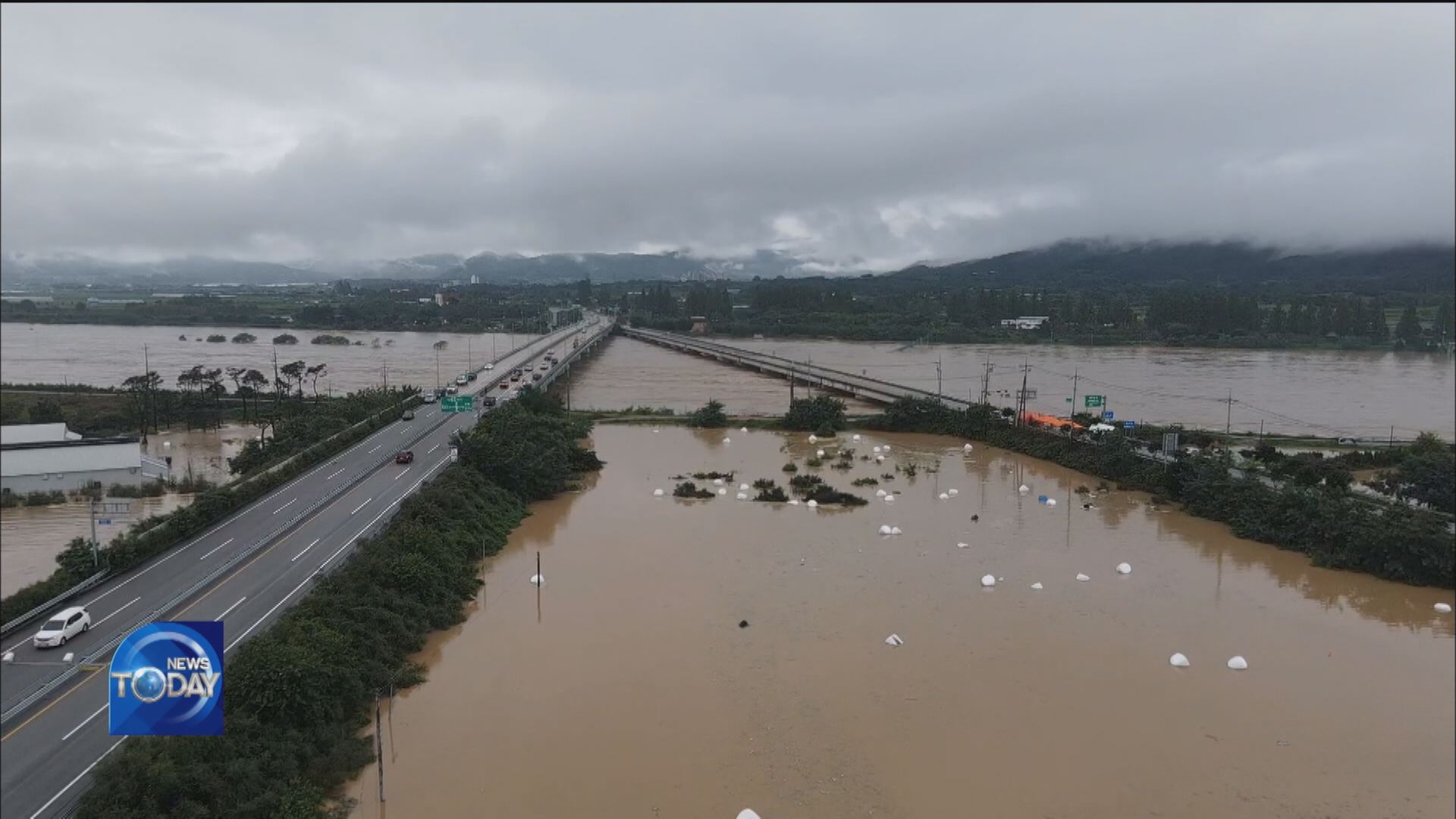
[Anchor Lead]
Korea experienced the longest rainy season this year which lasted more than 50 days. Scientists believe the record monsoon was caused by climate change and project more frequent torrential rains and river flooding, about once every four years, if Korea continues to emit greenhouse gases at the current rate.
[Pkg]
Seomjingang River in Namwon, Jeollabuk-do Province. On August 8th the river embankment broke and the nearby villages were flooded. The greenhouses were flooded and the villages were completely wiped out. According to the Ministry of Environment, if Korea continues to emit greenhouse gases at the current rate... flood discharge would increase by an average of 11.8% in just 30 years. Although the flood discharge for the Hangang River is predicted to drop a little, the Yeongsangang River figure is expected to increase by more than 50% and those for both the Seomjingang River and the Nakdonggang River are also projected to rise by nearly 30%.
[Soundbite] PARK JAE-HYEON(MINISTRY OF ENVIRONMENT) : "There are more instances of climate change blocking the rain front from coming up north. Rain fronts remain in the south to cause more flooding."
When there's heavy downpour in a short span of time, river flooding is expected to occur about once every four years at some locations. Current embankments and dams built to experience only about one deluge in 100 years would not be able to withstand the increased water volume. During the recent rainy season, 24-hour precipitations in the cities of Namwon and Gwangju recorded 364 and 462 millimeters respectively. Those were record rainfalls unlikely to occur in 500 years.
[Soundbite] PROF. JANG SUK-HWAN(DEPT. OF CIVIL ENGINEERING, DAEJIN UNIV.) : "If past flooding defense strategies involved simply preventing floods at rivers, the latest flood countermeasures should cover the entire river basins."
The Environment Ministry launched a flood countermeasures team. But experts point out it's not enough, and highlighted the need to plan fundamental measures against climate change.
Korea experienced the longest rainy season this year which lasted more than 50 days. Scientists believe the record monsoon was caused by climate change and project more frequent torrential rains and river flooding, about once every four years, if Korea continues to emit greenhouse gases at the current rate.
[Pkg]
Seomjingang River in Namwon, Jeollabuk-do Province. On August 8th the river embankment broke and the nearby villages were flooded. The greenhouses were flooded and the villages were completely wiped out. According to the Ministry of Environment, if Korea continues to emit greenhouse gases at the current rate... flood discharge would increase by an average of 11.8% in just 30 years. Although the flood discharge for the Hangang River is predicted to drop a little, the Yeongsangang River figure is expected to increase by more than 50% and those for both the Seomjingang River and the Nakdonggang River are also projected to rise by nearly 30%.
[Soundbite] PARK JAE-HYEON(MINISTRY OF ENVIRONMENT) : "There are more instances of climate change blocking the rain front from coming up north. Rain fronts remain in the south to cause more flooding."
When there's heavy downpour in a short span of time, river flooding is expected to occur about once every four years at some locations. Current embankments and dams built to experience only about one deluge in 100 years would not be able to withstand the increased water volume. During the recent rainy season, 24-hour precipitations in the cities of Namwon and Gwangju recorded 364 and 462 millimeters respectively. Those were record rainfalls unlikely to occur in 500 years.
[Soundbite] PROF. JANG SUK-HWAN(DEPT. OF CIVIL ENGINEERING, DAEJIN UNIV.) : "If past flooding defense strategies involved simply preventing floods at rivers, the latest flood countermeasures should cover the entire river basins."
The Environment Ministry launched a flood countermeasures team. But experts point out it's not enough, and highlighted the need to plan fundamental measures against climate change.
이 기사가 좋으셨다면
-
좋아요
0
-
응원해요
0
-
후속 원해요
0












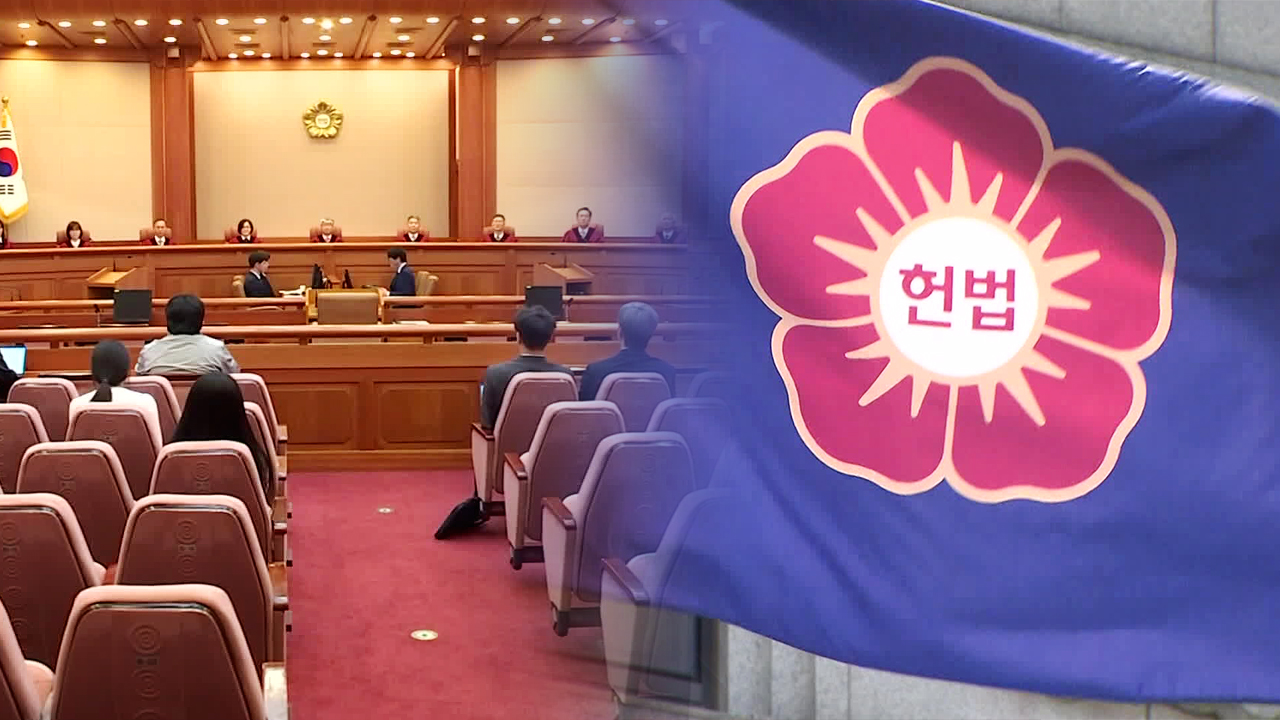
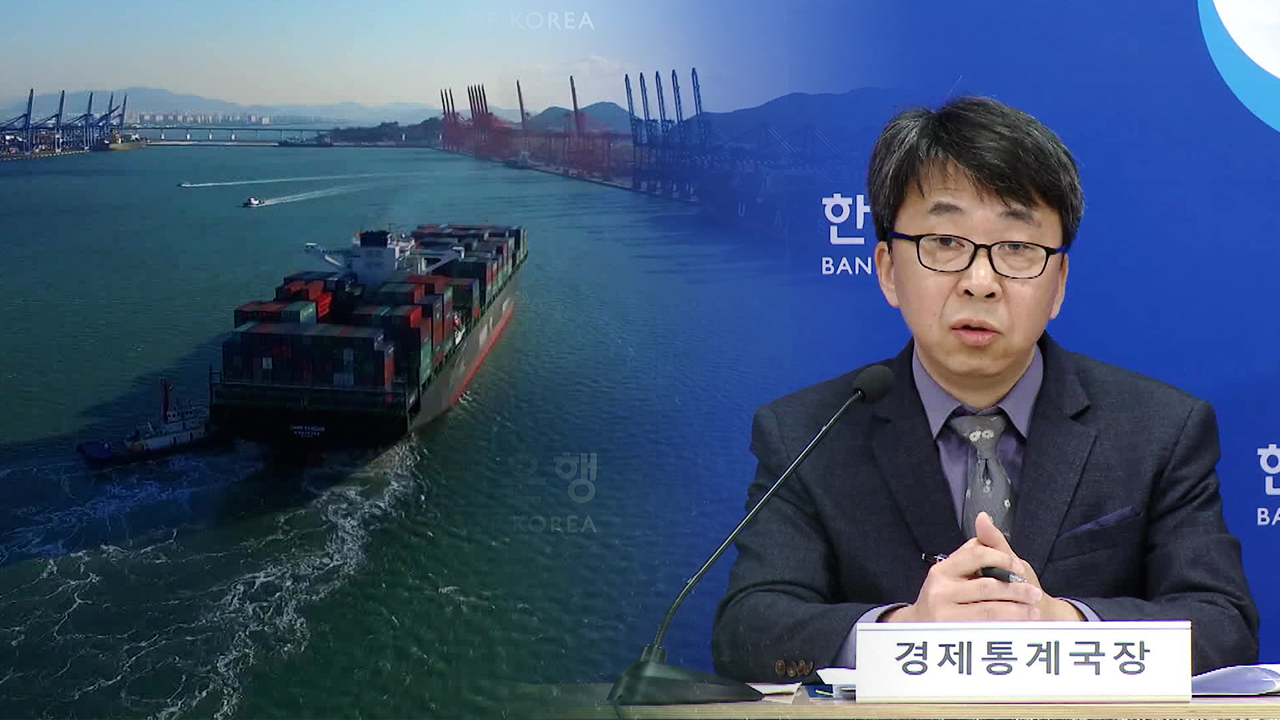
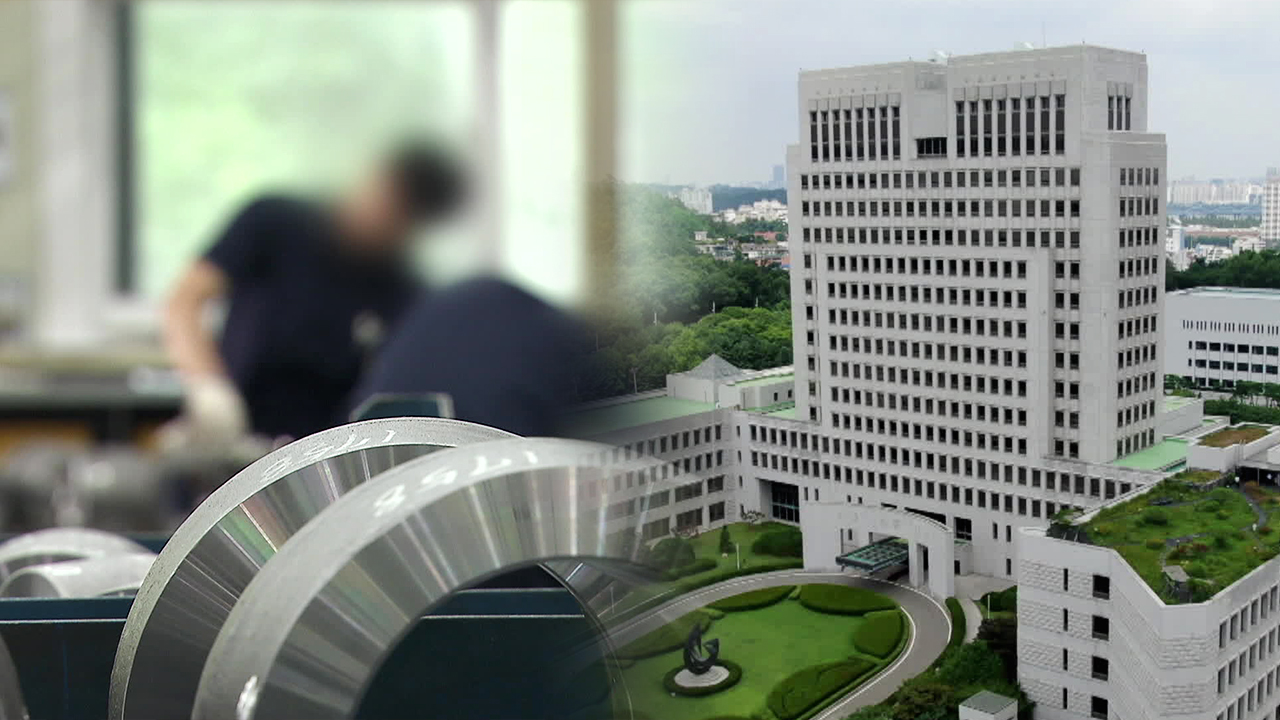
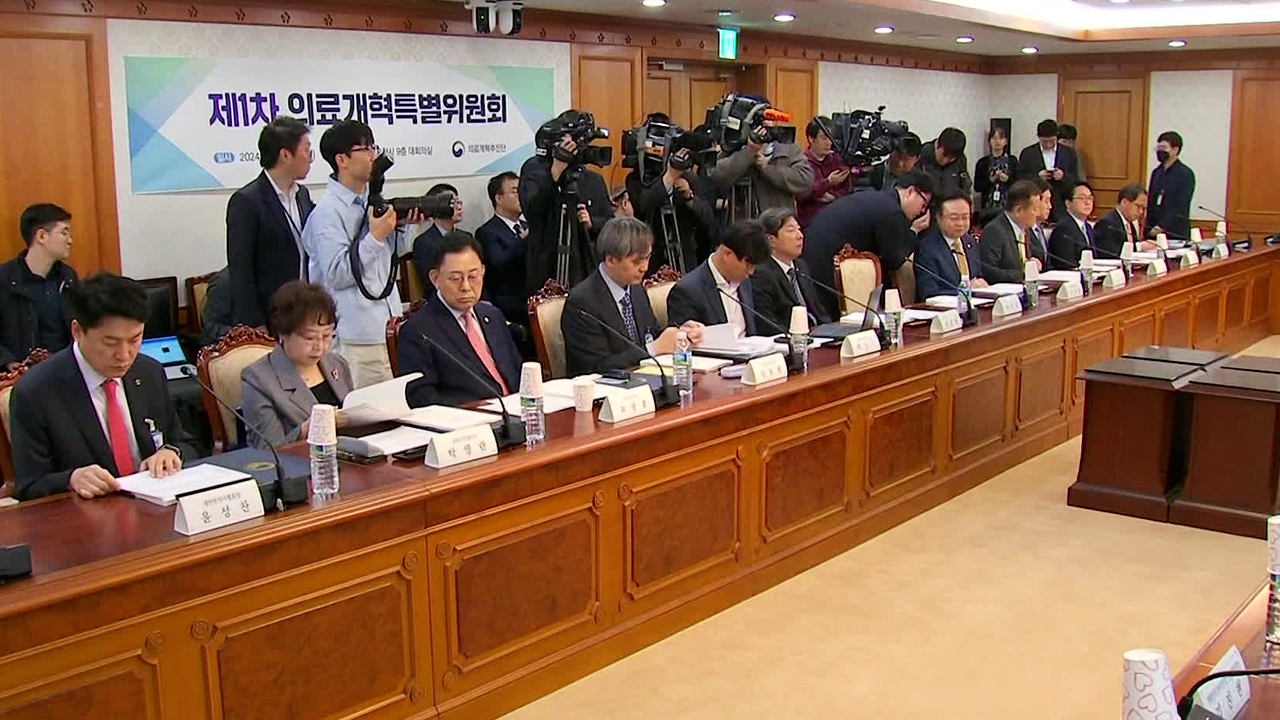

이 기사에 대한 의견을 남겨주세요.